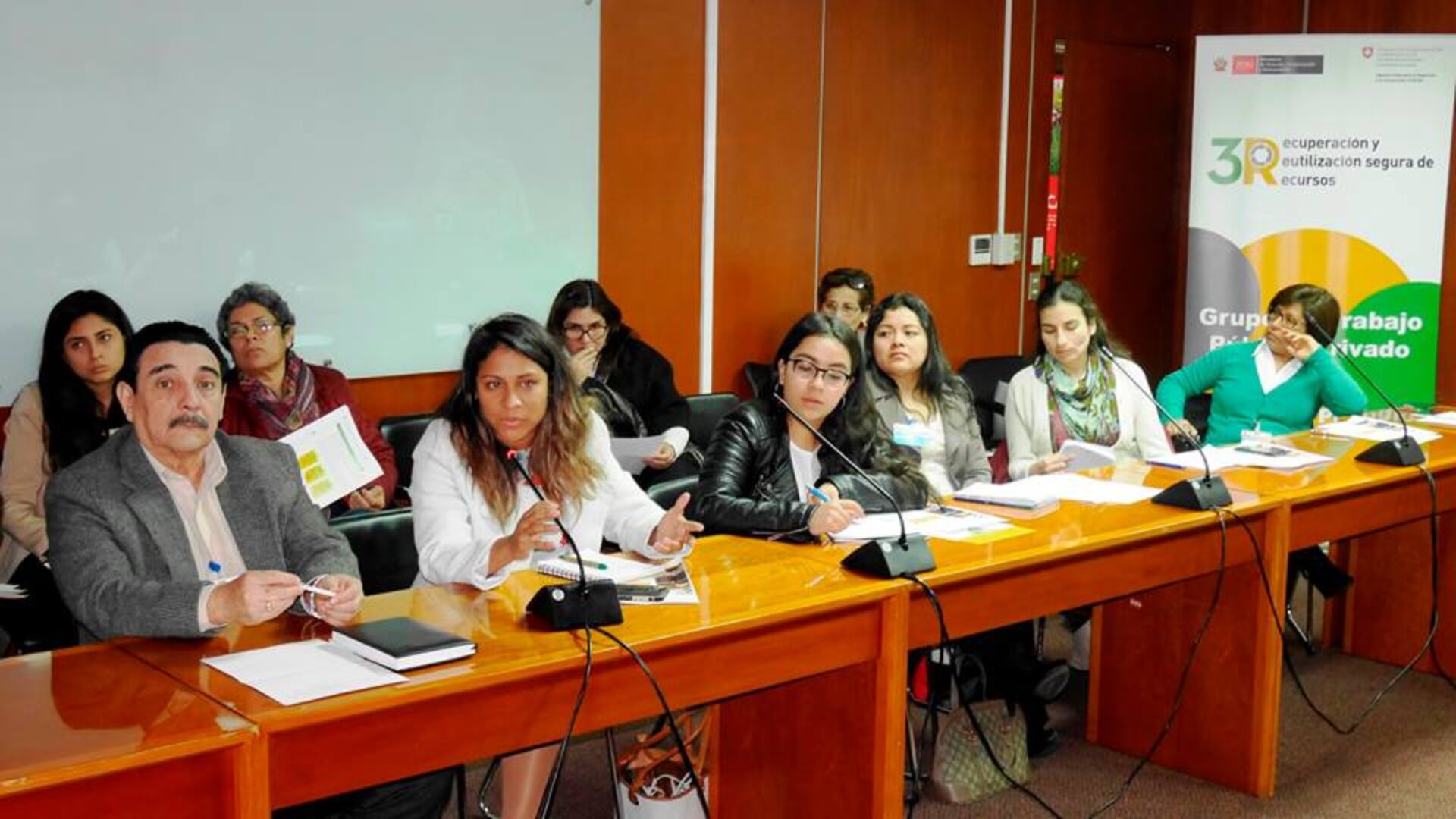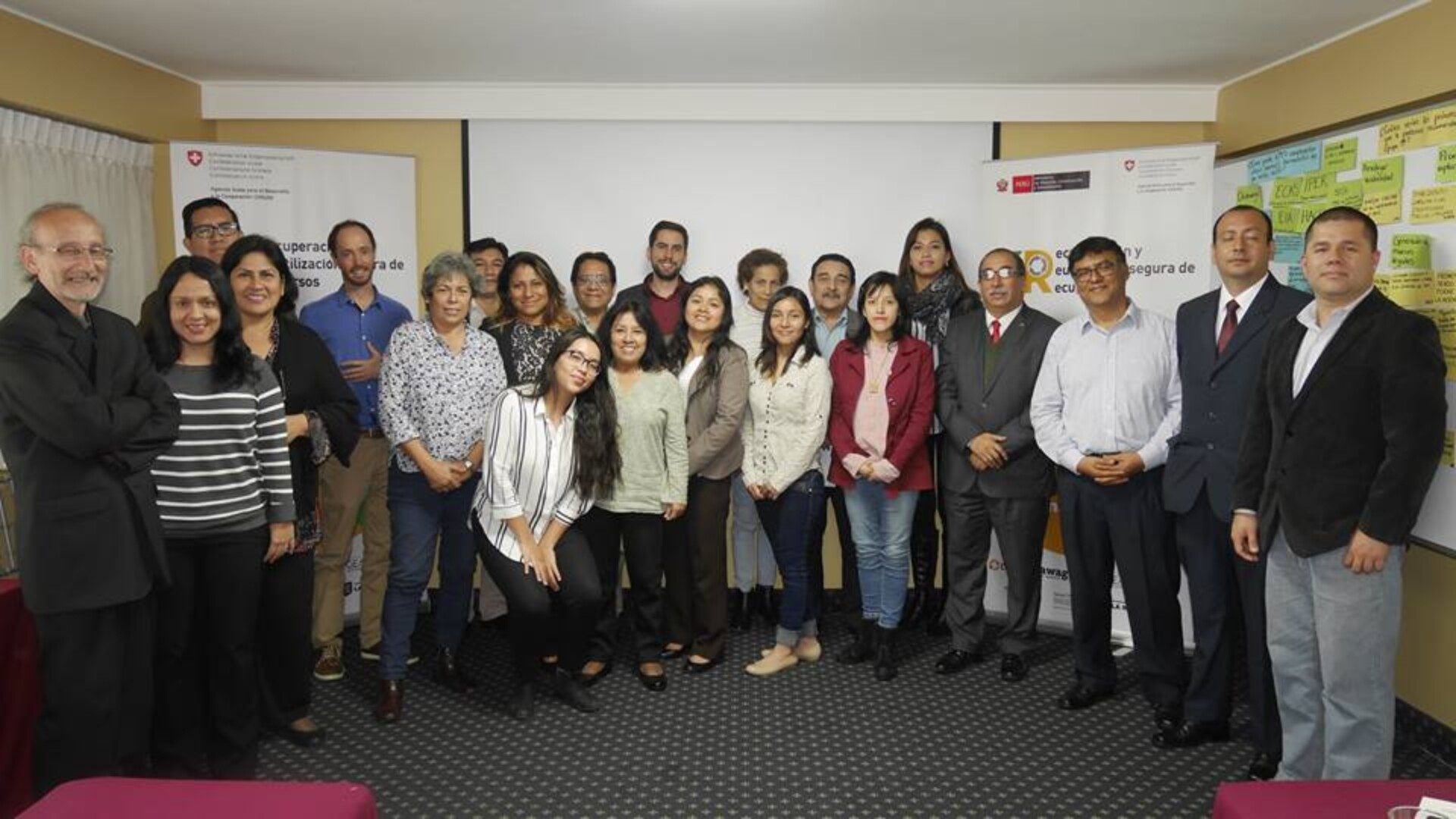
Another Approach to Development
As an international development student I have learned and read about multiple development approaches from the most successful to the least effective ones. If you’re in the development field, then you have probably heard many times that the ‘’one size fits all’’ solution is most often inadequate as all countries and situations are far from the same. In just a few months I have come to learn yet another approach that everyone can learn from.
I have been working in Lima, Peru for about two months now as an environmental education officer with IPES - Promoting Sustainable Development. This private NGO works towards developing sustainable cities in Latin America and the Caribbean, with a focus on populations in social and economic risk.
During my first week, I was introduced to a project that IPES works on named RRR “Recovery and Safe Reuse of Resources”. This project promotes business models that convert liquid and solid waste into physical and financial resources that could be of interest to private and public entities. Within this project a set of diverse actors made up of local and international organizations, academic institutions and government entities come together to establish a public and private working group (Grupo PP) with the purpose of having technical and political dialogue that can promote, accelerate and multiply these business ventures. The group has chosen to prioritize four business models which they believe have financial viability and positive environmental and socio-economic impacts. These models are:
- Production of biodiesel from used cooking oil
- Production of compost from sludge
- Production of compost from organic waste
- Irrigation of green areas with treated wastewater


